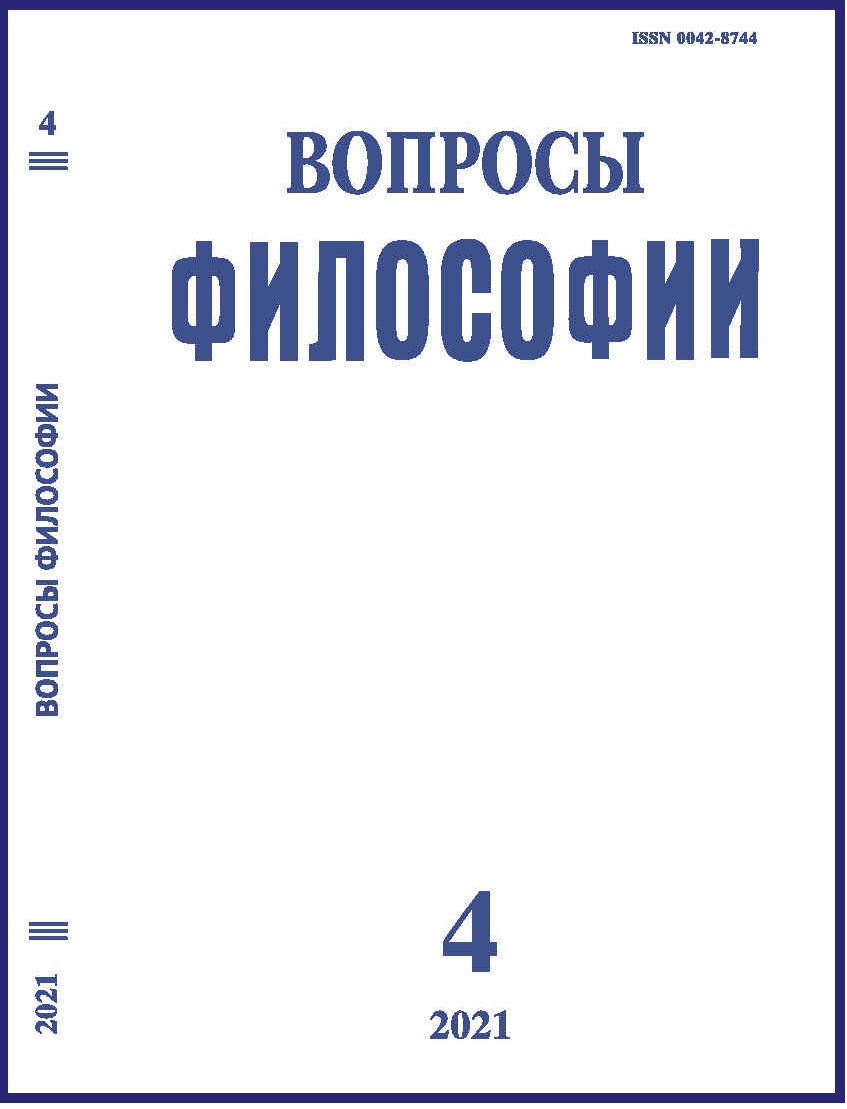Academic Communicationin Russian and German Scientific Societies:Formats, Norms, and Limits
DOI:
https://doi.org/10.21146/10.21146/0042-8744-2021-4-44-48Keywords:
knowledge market, science publicity, quantitative indicators, salami tactics, lobbyism in scienceAbstract
The article considers representative viewpoints and arguments of German universities’ faculty and management regarding some problems the present-day German Academia have been facing. The author compares these problems with challenges of the Russian higher education in the context of scientific communication. The major difference between German humanities professors and their Russian counterparts is a lack of systematic communication mechanisms even within the professional community, insufficient interdisciplinary connections and a weak public role of the intellectuals. It is for this reason that Russian scholars find it difficult to get incorporated into the international knowledge market, and to insist on their field’s specific character – namely, qualitative assessment, publications in their mother tongue and publishing traditional monographies. The author outlines structural elements of successful scientific communication and regards its problems in Russia and Germany in the context of the global knowledge market, global competition and a new industrial revolution caused by the total digitalization and automatization. The article also focuses on the third mission of universities which refers to their faculty’s public activity, accessibility of their research results in the mass media, the scope of their public discussion and tangible impact on social and political institutions, industry and business. The author pays special attention to the evaluation criteria in philosophical, sociological and humanitarian disciplines, and to their specific nature compared to other research and education fields (i.e. IT).

